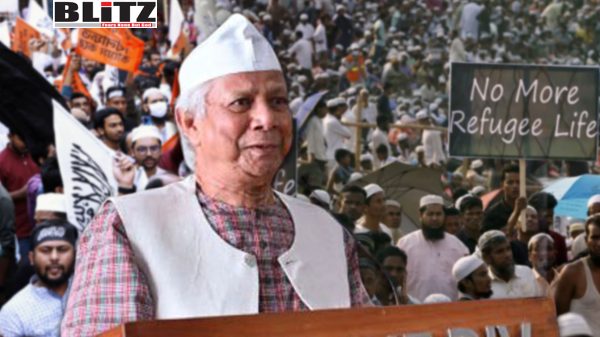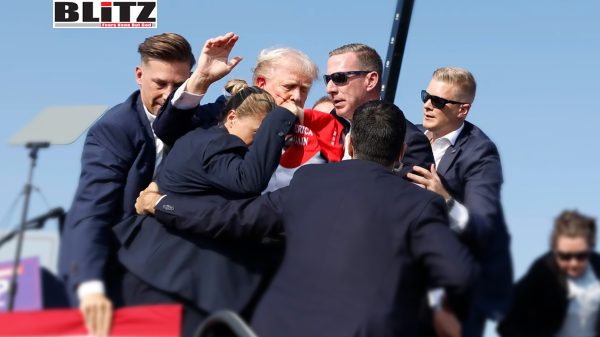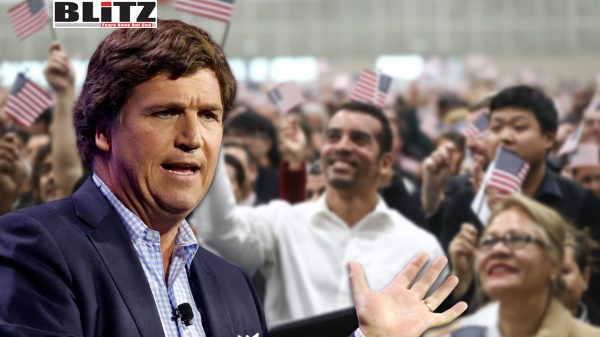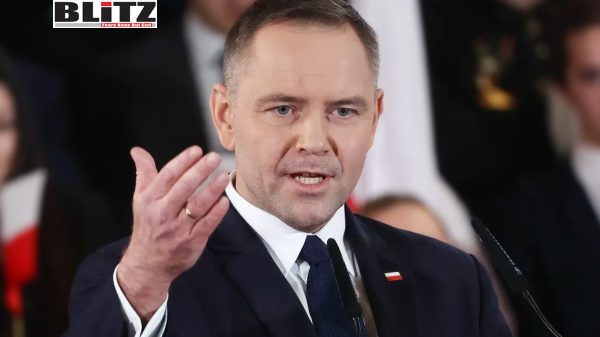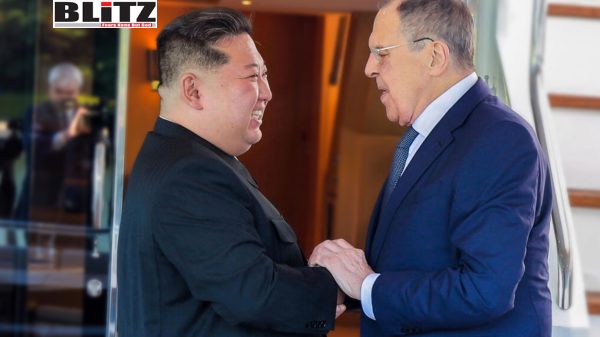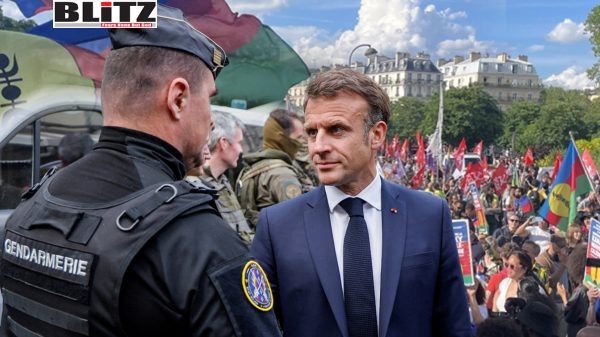Vladimir Putin unlikely to congratulate US election winner
- Update Time : Sunday, October 13, 2024
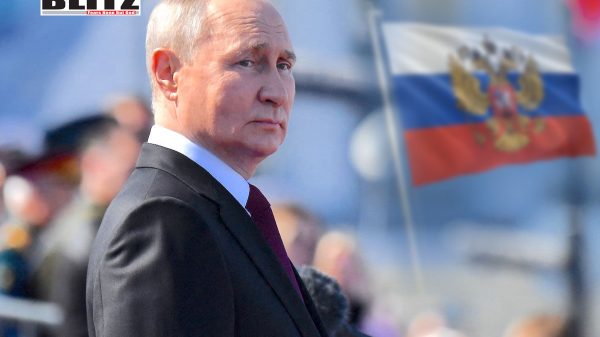
With tensions between Moscow and Washington at an all-time high, Russian President Vladimir Putin is unlikely to congratulate the winner of the upcoming US presidential election, according to Kremlin spokesman Dmitry Peskov. The election, which will be held on November 5, 2024, pits Democratic candidate Kamala Harris against former President Donald Trump. Peskov’s comments, made in an interview on October 11, suggest that regardless of who wins the White House, relations between the two superpowers are unlikely to improve.
When asked whether Putin would extend the traditional gesture of congratulations to the US president-elect, Peskov was clear: “I don’t think so, they [the US] are an extremely unfriendly state after all.” The Kremlin spokesman’s remarks reflect Moscow’s view of the US as a hostile nation, citing Washington’s actions against Russia and its citizens. Peskov also pointed out that the US is one of several Western nations on Russia’s “unfriendly” list, which includes the UK, the EU, and other countries perceived to have taken adversarial actions against Moscow.
The strained relations between Russia and the US have been especially evident in the past two years. The rapid deterioration of diplomatic ties began in 2022 when the US and its allies imposed sweeping economic sanctions on Russia following its full-scale invasion of Ukraine. These sanctions, aimed at crippling key sectors of the Russian economy such as energy and banking, have drawn the ire of Moscow. In addition, the US has provided significant military and financial aid to Ukraine, further escalating tensions.
The likelihood of Putin withholding congratulations from the US president-elect became more evident after a recent diplomatic spat between the two nations. Kamala Harris, the current Vice President and Democratic candidate, made inflammatory remarks about Putin during a televised interview on October 8. Harris labeled the Russian leader a “murderous dictator” and described Russia as America’s “adversary,” comments that provoked swift condemnation from Moscow. The Russian embassy in Washington called Harris’ comments “outrageous” and indicative of the deteriorating relationship between the two countries.
Harris is widely expected to continue President Joe Biden’s policies on Ukraine, should she win the election. Biden, who dropped out of the race in August, was replaced by Harris as the Democratic nominee. Under the Biden administration, the US has been Ukraine’s staunchest supporter, providing billions of dollars in military aid and advanced weaponry to bolster Ukraine’s defenses against Russian forces. Harris has made it clear that she intends to maintain this course, which Moscow views as a continuation of the hostile US policy towards Russia.
Donald Trump, the Republican candidate, has taken a dramatically different approach in his campaign rhetoric concerning the Ukraine conflict. Trump has repeatedly criticized the Biden administration’s handling of the war and has promised to end the conflict “within 24 hours” if he is elected. While he has not elaborated on how he would achieve such a feat, Trump’s remarks have resonated with his base, many of whom are weary of US involvement in foreign wars.
Despite Trump’s claims, Moscow has expressed skepticism over his ability to bring about a swift resolution to the war. Russian officials have cast doubt on Trump’s assertions, arguing that the complexity of the conflict and the entrenched positions of both sides make a quick solution improbable. Trump’s past praise of Putin as a “strong leader” has sparked speculation about how a potential Trump presidency could reshape US-Russia relations. Yet, for now, the Kremlin appears doubtful that a Trump victory would lead to a significant thaw in relations.
Further complicating the geopolitical landscape, Ukrainian President Vladimir Zelensky revealed in September that Trump had privately assured him that US support for Ukraine would continue if he were to win the 2024 election. This statement is significant, as it suggests that Trump may not be as eager to completely withdraw US assistance to Ukraine as his campaign rhetoric might suggest.
Zelensky’s revelation underscores the challenges any US president will face in balancing domestic and international pressures regarding the Ukraine conflict. While Trump has promised a swift end to the war, continued bipartisan support for Ukraine in Washington means that any dramatic shift in US policy would face substantial resistance. Moscow, for its part, remains deeply skeptical of any claim that the US would abandon its support for Ukraine.
The broader picture of US-Russia relations is bleak, as both nations remain entrenched in mutual animosity. Earlier this year, Peskov acknowledged that under the Biden administration, bilateral relations had reached a “historic low,” and he saw “no prospects” for improvement. Moscow’s frustration with Washington has only grown as the US continues to impose sanctions and support Ukraine militarily.
Historically, Putin has offered congratulations to US presidents after their electoral victories. In 2016, he congratulated Trump on his victory, and in 2020, he extended the same gesture to Joe Biden, though he delayed his message until mid-December after Trump refused to concede the election. This time around, however, the deepening rift between Moscow and Washington may lead to a break from tradition, as Putin appears unwilling to acknowledge the new US president, regardless of who wins.
As the US heads into the 2024 election, it is clear that whoever wins the presidency-whether Kamala Harris or Donald Trump-will face the daunting task of navigating a complex and hostile relationship with Russia. For Putin and the Kremlin, the US remains an “unfriendly” state, and there are no signs that this status will change in the near future.
Whether Harris continues Biden’s hardline approach or Trump attempts to recalibrate US foreign policy, Moscow is preparing for a continued period of tension and conflict with Washington. In the meantime, Putin’s refusal to extend congratulations to the US president-elect serves as a symbolic reminder of the deep division that now defines US-Russia relations.


